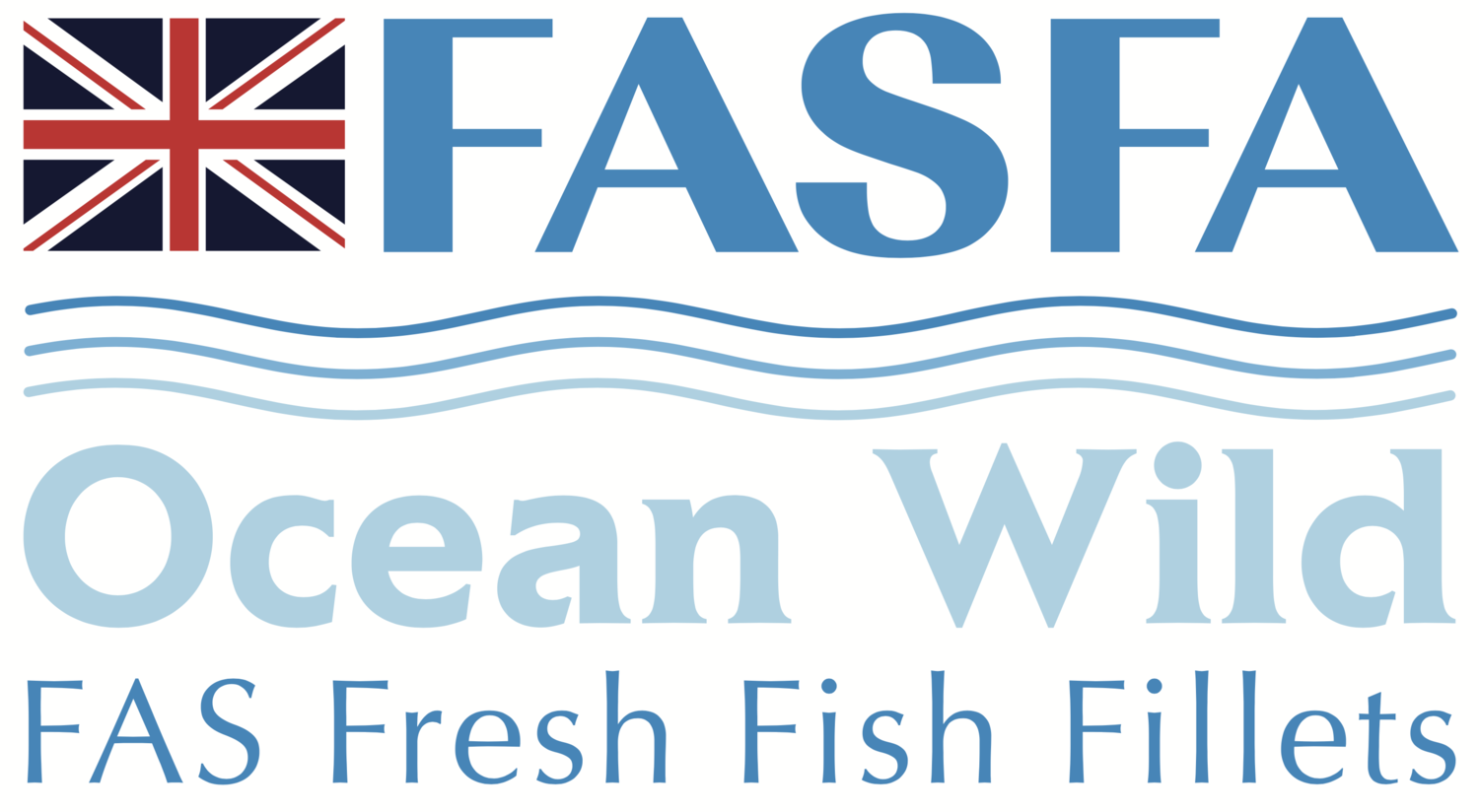Its a Fair Cop
The Frozen At Sea Fillets Association (FASFA) members ensure a high quality, low carbon footprint product is delivered to the UK market in the most efficient manner. Julie Waites, Executive Director for FASFA explains in the January 2024 edition of Chippy Chat Magazine:
Seafood plays a key role in improving access to healthy diets while providing food products with relatively low rates of greenhouse gas emissions.
In 2021 the UK hosted COP26; and discussions took place into one of the largest contributors to greenhouse gas emissions, which is global food production. This is estimated to produce 21-37% of the total human-created greenhouse gas emissions worldwide. Of this, 9-14% is attributed to crop and livestock production, and 4% to seafood production.
The recent COP28 has announced a new major declaration on the future of food, which is a huge step as it’s the first ever leaders’ declaration on food at one of these COP climate summits. It includes how we reduce food loss and waste.
We know that the cod and haddock on which British Fish and Chip shops depend on, are harvested in a responsible and sustainable manner, which is backed by rigorous scientific research. Frozen at Sea (FAS) comes from the deep cold clear waters of the North Atlantic and the Barents Sea, these are the biggest cod and haddock stocks in the world and the greatest source of supply to the UK market. These stocks remain healthy and are well managed. Frozen at sea fillets are caught and processed within four hours of being caught, locking in the fresh quality and nutrients. When Fish and Chip shops use FAS they are also reducing waste, and can just defrost the amount they require.
Wild-capture seafood production in general has a much lower carbon footprint than most land-based meat production, and some plant protein sources, including tofu, grains and pulses.
This confirms that our sustainably managed Frozen at Sea fillets represent a climate-smart food source, with new technology and innovation, hybrid engines and power regeneration. Helping to assist with reaching net-zero carbon emissions by 2030, or for the UN 2050.
The Frozen at Sea Fillets Association are proud of the fact that the Frozen at Sea cod and haddock going into the UK’s Fish and Chip shops already has a low carbon footprint and businesses are committed to reduce emissions further. This includes enhancing fuel efficiency through innovations in vessel design and fishing practices which will help to minimise emissions.
Investment in newly built modern vessels, with state-of-the-art technology, has been seen right across the FAS fleet recently. This includes a hybrid approach, with the redistribution of heat generated through the main engine being used to heat the crew cabins. Electricity is also produced onboard whilst the trawl winches are in the recuperation mode. They are also leading the way with catch welfare.
Frozen at Sea fillets continue to be caught in line with scientific and legislative recommendations, so you can be sure that your favourite Fish and Chip supper, can be eaten with a clear conscience now and into the future.
